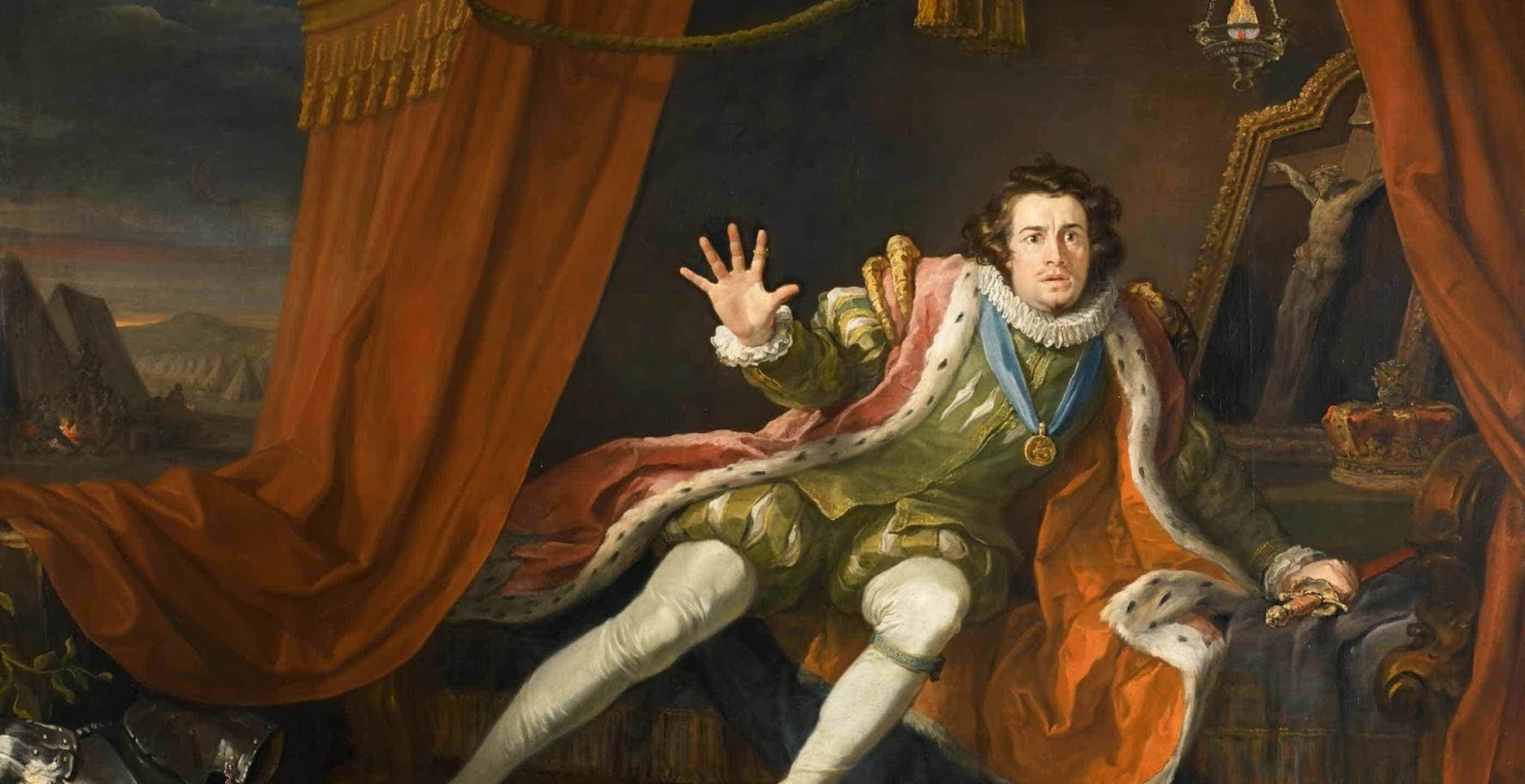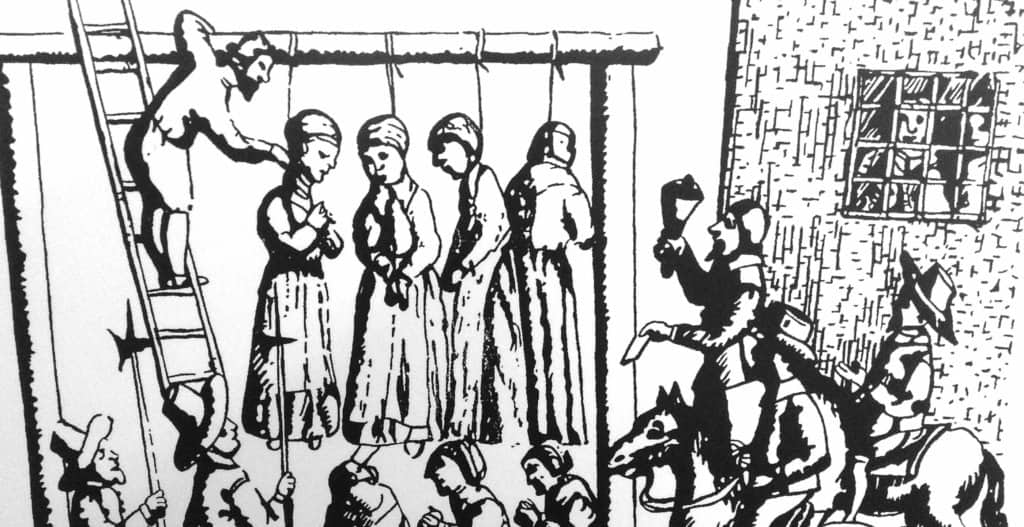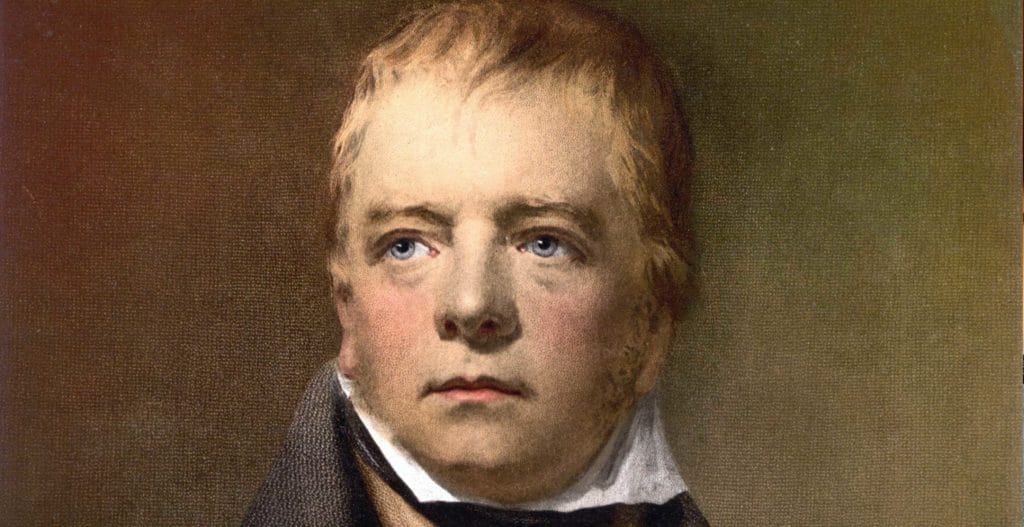Culture UK
Who are the British? Do they really drink tea, eat roast beef and Yorkshire pudding and never leave home without an umbrella? Find out more about true Brits; past and present, myth and legend, fact and fiction.
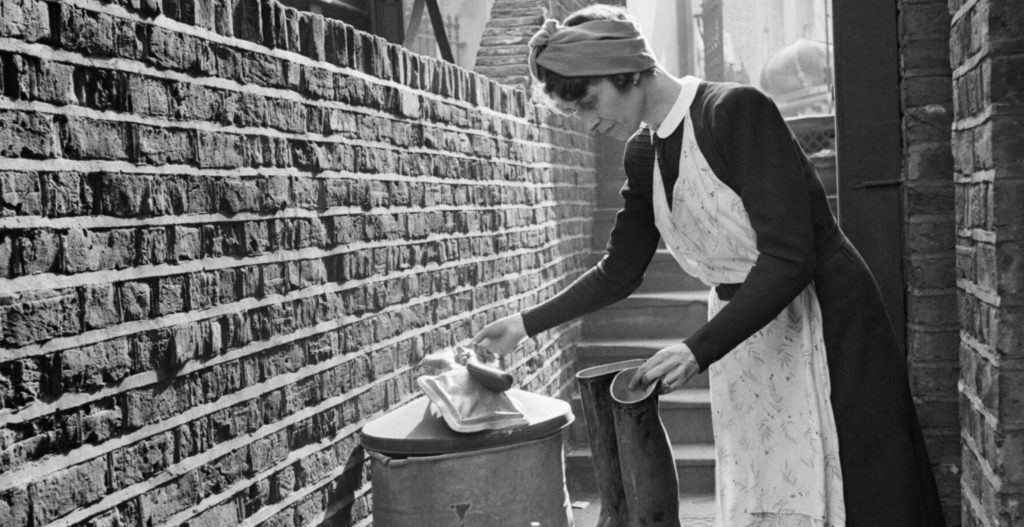
Recycling – A Way Of Life In The 1950s And 1960s
Recycling…not a new concept! Discover how ‘green’ everyday life was in the 1950s and 60s…
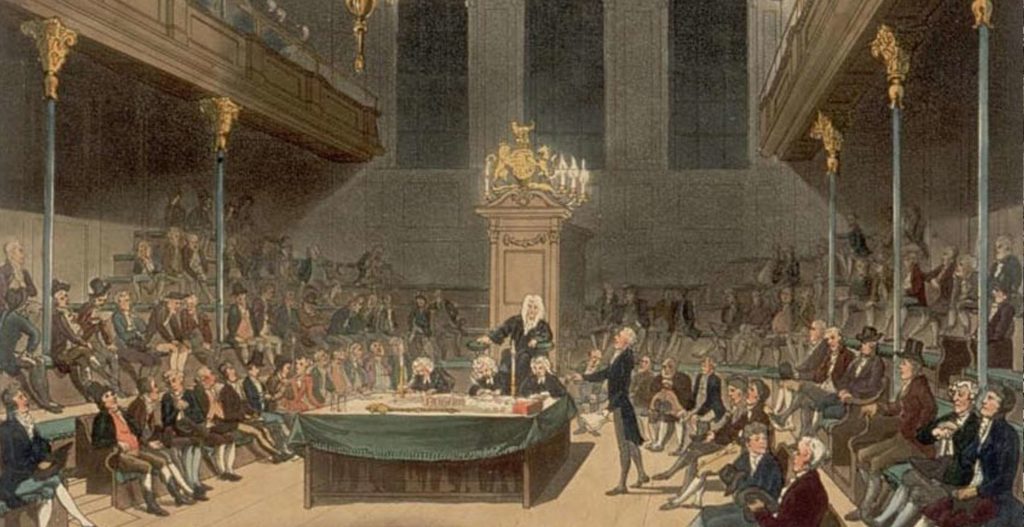
The Constitution of the United Kingdom
Many nations around the world govern through a written constitution, which lays out the fundamental laws of the land and rights of the people in one single legal document. So why doesn’t the UK have a written constitution? The answer can be found in our history…
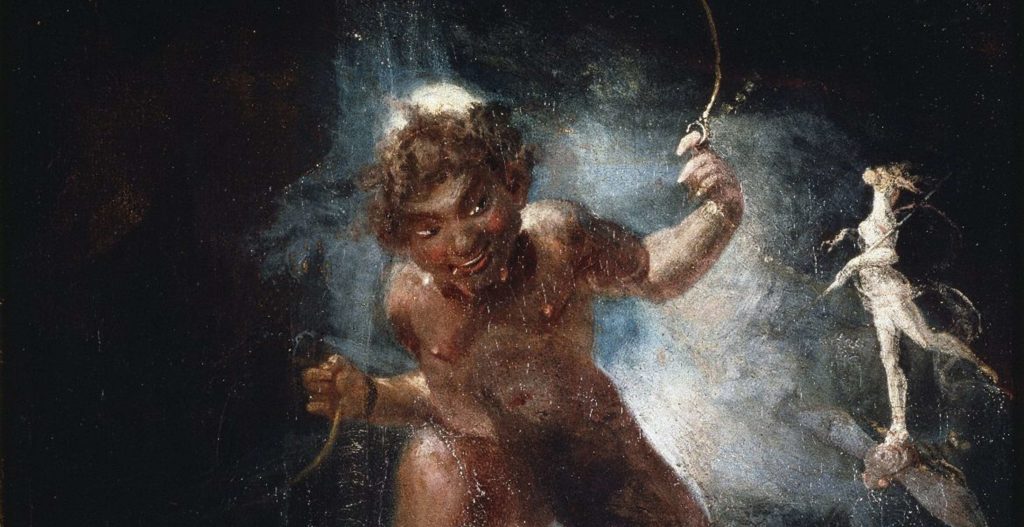
Robin Goodfellow
The fairy, sprite or imp Robin Goodfellow is one of the most mischievous characters in English folklore…
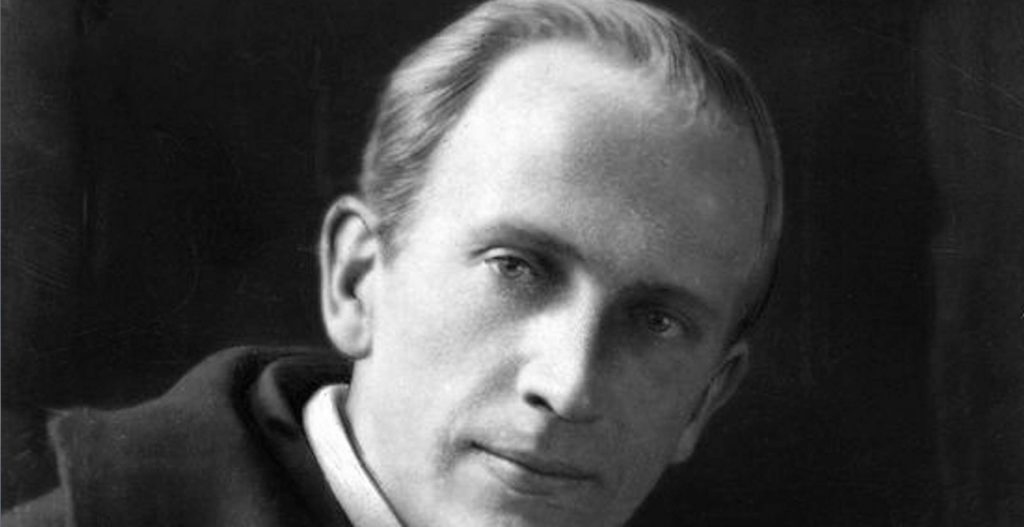
A A Milne War Years
The author A.A. Milne is best known for his lovable creation Winnie-the-Pooh, a bear of very little brain, and his friends Piglet, Eeyore, Owl and Tigger. However some of his work had a darker side, influenced by his first-hand experiences of the horrors of World War One…
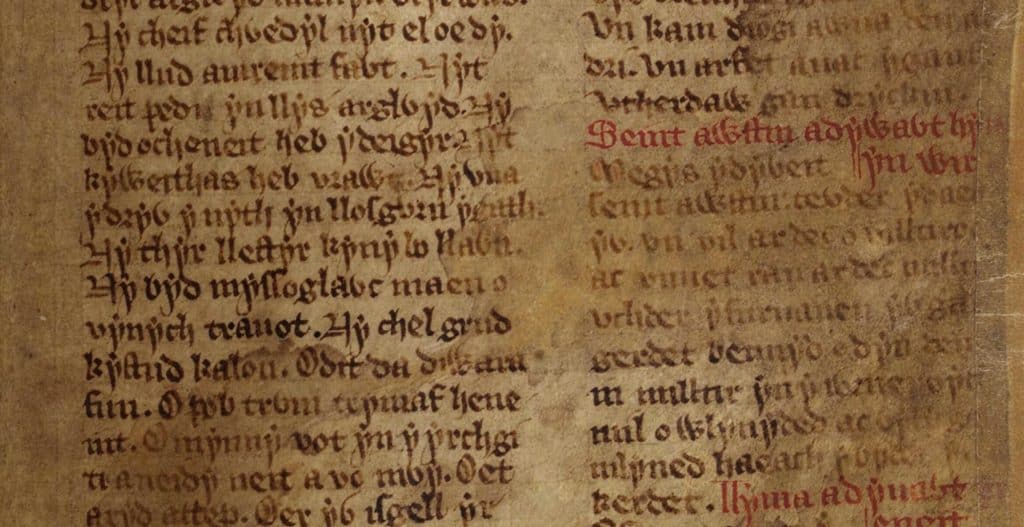
The Mabinogion
The Mabinogion is a collection of tales in Welsh culture, folklore and myths
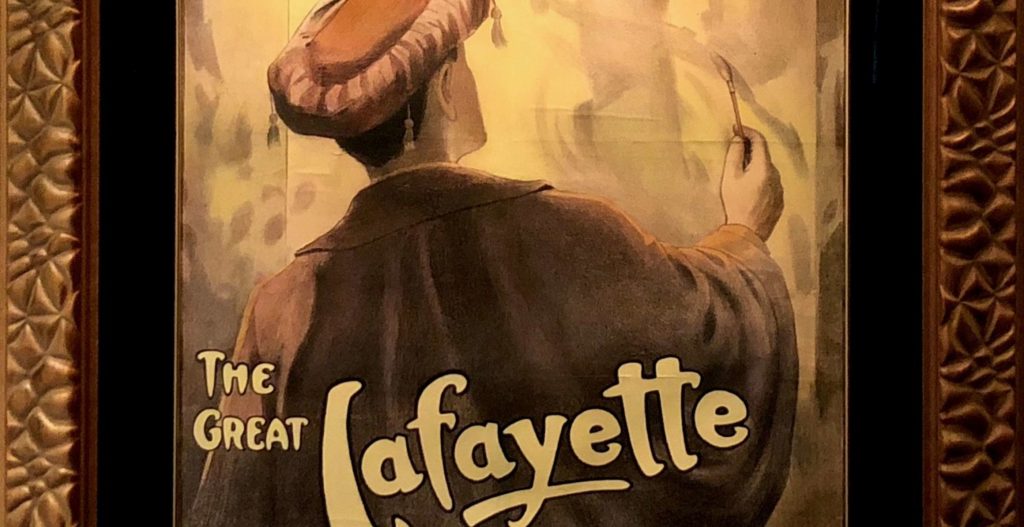
The Magical Life and Curious Death of the Great Lafayette
On 9th May 1911, The Palace Empire Theatre in Edinburgh was packed with an audience of 3,000 people. They were there to see the spectacular illusions of the world’s most talented and famed magician, The Great Lafayette…

The Oldest Running Cinema In Scotland
In the small loch-side town of Campletown in Scotland, you will find a hidden gem – a cinema that is over 100 years old, beautifully restored and still showing films!
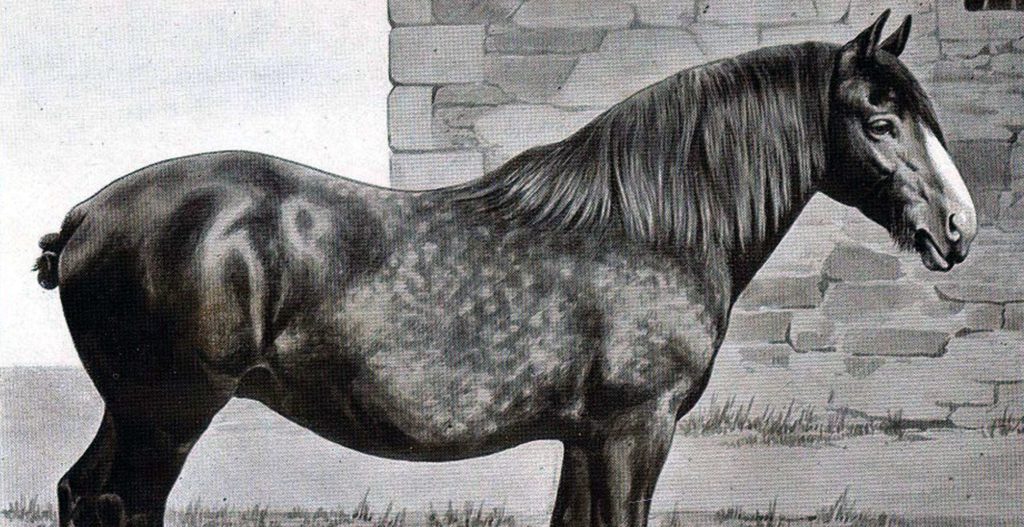
The Horsemen and their Mysterious Word
In the 19th century, there were two areas that were particularly famous for their skilled horsemen, or horse whisperers as we might call them today. There were the Toadmen of East Anglia, and then there were the horsemen of Aberdeenshire, members of the Society of the Horseman’s Word…
